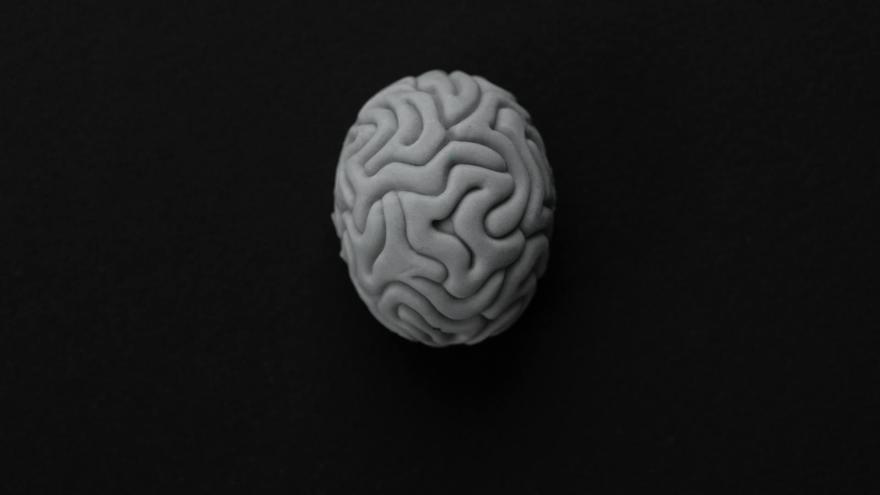How Does Hypnosis Work Physiologically?

Hypnosis has been shown to have a range of physiological effects on the body, which are thought to be mediated by the brain's influence on the autonomic nervous system and other physiological systems. While the exact mechanisms underlying these effects are still not fully understood, research has identified several key physiological processes that are associated with hypnosis. 🧠🌡️
Some of the main physiological effects of hypnosis include:
Relaxation response: Hypnosis often involves a state of deep relaxation, which is characterised by a decrease in heart rate, blood pressure, and muscle tension, as well as an increase in peripheral blood flow and skin temperature. The parasympathetic nervous system, which is in charge of the body's "rest and digest" processes, is believed to be a mediator of this relaxation response.
Analgesia: Hypnosis has been shown to be effective in reducing pain perception and increasing pain tolerance, particularly for chronic pain conditions such as fibromyalgia and irritable bowel syndrome. This analgesic effect is thought to involve the activation of endogenous opioid systems in the brain as well as changes in the brain's processing of pain signals.
Immune function: Some studies have suggested that hypnosis may have beneficial effects on immune function, particularly in terms of reducing inflammation and enhancing wound healing. The hypothalamic-pituitary-adrenal (HPA) axis and other neuroendocrine systems that control immune function are believed to be the mediating mechanisms for these effects.
Gastrointestinal function: Hypnosis has been shown to be effective in treating a range of gastrointestinal disorders, including irritable bowel syndrome and functional dyspepsia. These effects are thought to involve changes in gut motility, secretion, and sensitivity, as well as alterations in the brain-gut axis that regulates gastrointestinal function.
Cardiovascular function: Hypnosis has been shown to have some beneficial effects on cardiovascular function, particularly in terms of reducing blood pressure and improving heart rate variability. The autonomic nervous system and other cardiovascular control centers are believed to be the brain's primary targets for these effects.
It is important to note that these physiological effects of hypnosis are not universal and can vary widely depending on individual differences in hypnotic susceptibility, as well as the specific techniques and suggestions used by the hypnotist. Additionally, while hypnosis can be a safe and effective tool for many individuals, it is not a substitute for professional medical treatment, particularly for more severe or complex conditions.
By understanding the physiological effects of hypnosis, individuals can approach this powerful tool with greater awareness and intentionality and can work with qualified and experienced practitioners to optimize its effectiveness for their specific needs and goals. 🌟 #PhysiologicalEffectsOfHypnosis #OptimizingHypnoticEffectiveness #MedicalTreatmentConsiderations #pobinsider

0 comments
Leave a comment
Please log in or register to post a comment